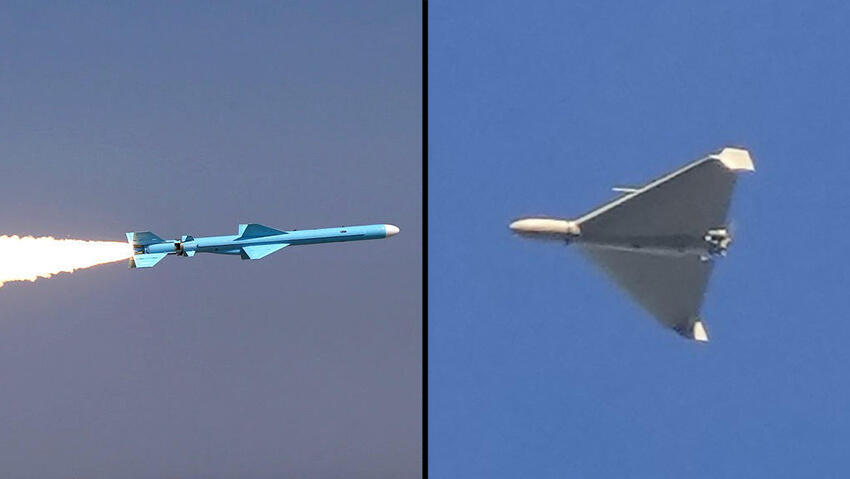Bottom line, the current standoff between Israel and Iran is far from the endgame. Even though Iran suffered a severe failure in an attack that showcased the capabilities of the Israeli Air Force and military, Iran is far from giving up. It's estimated they will attempt to strike with covert capabilities to avoid further aggravating the international community.
Amid the missile attacks and cyber warfare from Iran, the question of technology and cyber warfare lingers in the air. What technological weapons are both sides using? What are the objectives of these cyber attacks we hear about in various media outlets, and how does it ultimately affect civilians? It is highly likely that Iran will attempt to leverage cyber attacks against strategic governmental and national targets, utilizing sophisticated and effective cyber warfare tactics. Ultimately, Iranians are known for their cunning and expertise in this field, and it's reasonable to assume that whatever didn't work for them this time, they'll try in the cyber realm.
Various intelligence sources warned us about the planned Iranian attack long before it happened. Iran ensured information was leaked regarding the expected time and mode of attack, not only to intelligence agencies but also to media channels. The news of the anticipated Iranian attack led to uncertainty and prompted many citizens to prepare for potential impact.
Iran is well aware of Israel's air defense capabilities, and the attack relied on psychological warfare aimed at inducing panic (for example, by launching drones with a 9-hour arrival time). We recognize similar techniques in the cyber realm as well. For instance, during the drone launches, fake news originating from Iranian cyber groups circulated about a cyber attack on Israel's electricity infrastructure.
Psychological warfare has become an inevitable part of modern warfare. Understanding that, public resilience is the most significant factor in Israel's ability to continue fighting. Conversely, Israel also employs psychological warfare, striking at the enemy's morale through cyber attacks and targeted operations. While recovery time is relatively swift in most cases, the psychological impact projects Israeli superiority over Iran, showcasing Israel's ability to strike anywhere, anytime without hesitation.
In recent years, we've heard of numerous cyber events – some that reached the media, and some confined to tech communities. In most cases, attackers avoid overt antisemitic and pro-Palestinian ideology, with over 70% of the various posts from these attack groups being outright fake, aiming to instill fear.
Despite the fake news, many attempts at critical infrastructure attacks have been observed, including electricity companies, water infrastructure and hospitals. An attack on critical infrastructure could have severe repercussions, potentially costing lives. The Israeli cyber system is prearranged to defend critical infrastructure and engages in early prevention actions on Israel's critical infrastructure, as part of a broader defense strategy. They also formulate security policies for critical infrastructures and raise awareness among non-defined organizations.
 Osher AsorPhoto: Yaniv Cohen
Osher AsorPhoto: Yaniv CohenAwareness is key to preventing cyber events and significant consciousness. The public needs to understand the attack methods used by these hackers attempting phishing attacks or exploiting vulnerabilities where the citizen isn't cautious enough, such as by enabling two-step verification or using a common, easily cracked, or previously leaked password. Additionally, every post on social networks regarding suspicious activities should be taken with caution and, in any case of doubt, citizens can reach out to the cyber system by calling 119 or consult with experts in the field
Osher Assor is the cyber and tech division manager at Auren Israel




